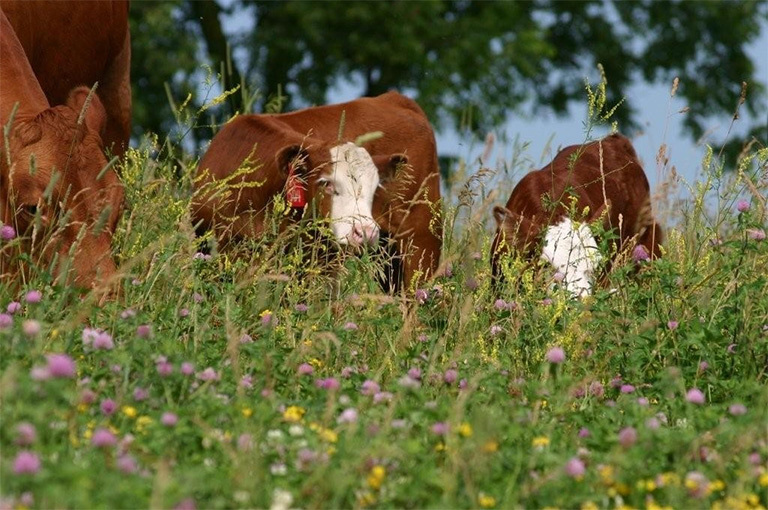Good news for animals as WHO adopts Pandemic Treaty
Published 4/23/2025
The World Health Organisation (WHO) has just recognised the link between human and animal health on the world stage, in a major new Pandemic Treaty. In a significant step, Member States have agreed that our treatment of animals – including the billions raised in factory farms – can play an important role in pandemic prevention.
The First Treaty of its Kind
The PAW coalition, led by our friends at animal welfare NGO Four Paws, has worked tirelessly for animal health to be acknowledged as a key cause of infectious disease for years, calling for its incorporation into legislation.
This new draft will be submitted for consideration to the 78th World Health Assembly next month and, if adopted, it will be subject to ratification by individual nations.
Groundbreaking for animals
Articles 4 and 5 of the Treaty are most groundbreaking for animals. They call on Member States to work to prevent pandemics early on, by addressing the “drivers of infectious disease at the human-animal-environment interface” – which could include factory farms.
The new Articles also recognise that the “health of people is interconnected with animal health and the environment.”
Animal and human health is intertwined.
As the Treaty acknowledges, animal treatment plays a key role in pandemic prevention. Intensively farmed animals are crammed together in unsanitary conditions where viruses can spread at an alarming rate – or mutate into more harmful strains that can be easily passed to other species, or even people.
The global devastation caused by the current bird flu situation only highlights how closely intertwined animal and human health are.
Since 2021, over half a billion farmed birds have died as a direct result of bird flu. An additional 1000 humans have contracted the virus since 2003, and countless farmers have lost their livelihoods, as it can quickly wipe out entire flocks, often through culling. As our report demonstrates, only major farming reforms can tackle the problem at its root.
In 2022, when the world was still reeling from the impacts of the COVID-19 outbreak, we teamed up with Four Paws, the Born Free Foundation and Proyecto Animales Latino América to hand in a joint petition signed by 600,000 people to WHO officials in Geneva. The petition called for an end to industrial animal agriculture and a shift to nature-friendly, regenerative farming practices where animals are less vulnerable to contracting and spreading viruses.
Eloise Shavelar, our Global Head of Campaigns and Advocacy (Animal Welfare), said:
“This Treaty has the potential to improve the lives of billions of farmed animals across the world - by placing animals firmly on the agenda, in major global discussions on pandemic prevention. The evidence is clear: high-welfare, nature-positive farming practices are better for human health, as well as animals and the environment. It is excellent to finally see this acknowledged at the highest level.”
Nina Jamal, Head of Pandemics and Campaign Strategies at FOUR PAWS, said:
“By embedding One Health and prevention at source into the Pandemic Agreement, Member States are finally acknowledging what science has long confirmed: we cannot prevent future pandemics without improving how we treat animals and our environment in the present. This is a paradigm shift in the scope of global health policy and a victory for animals, for people, and for the planet.”
